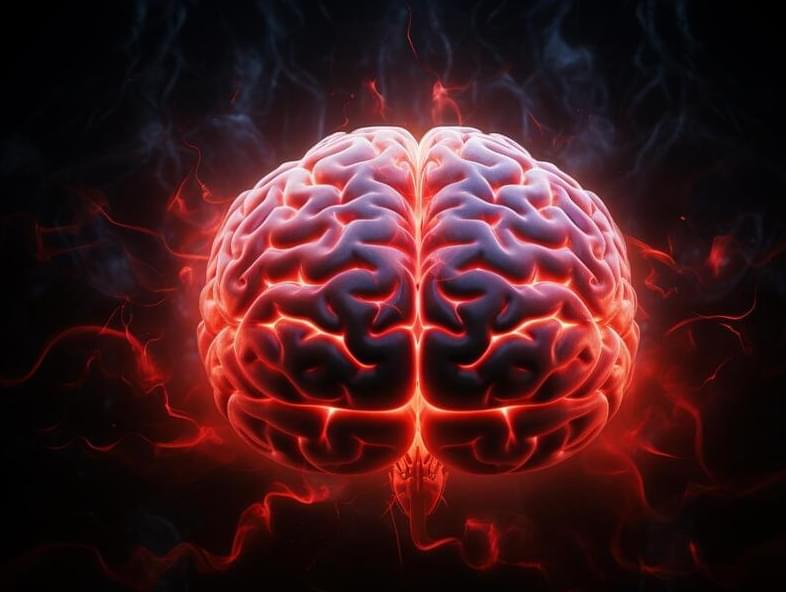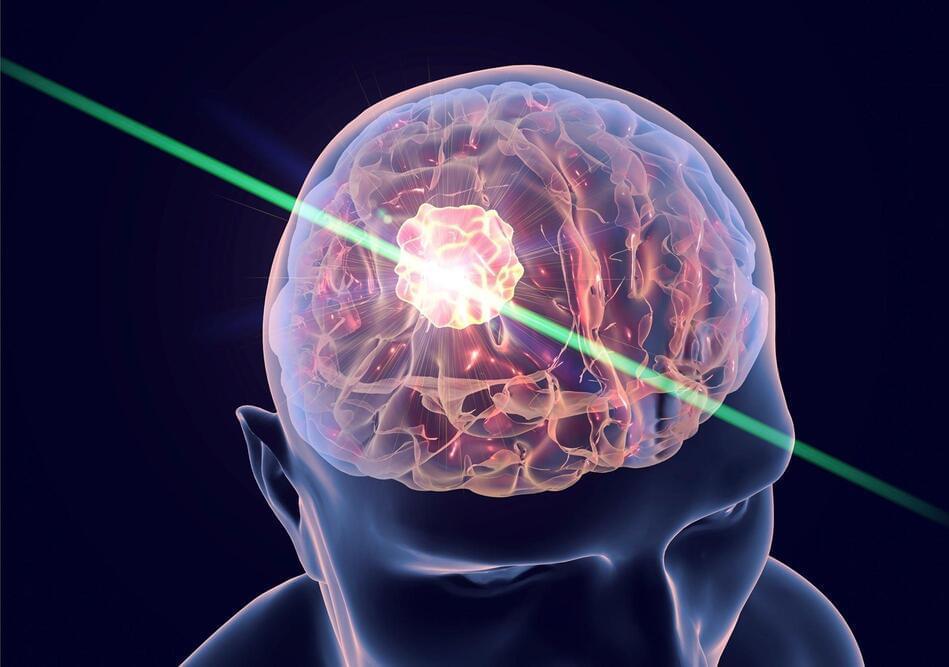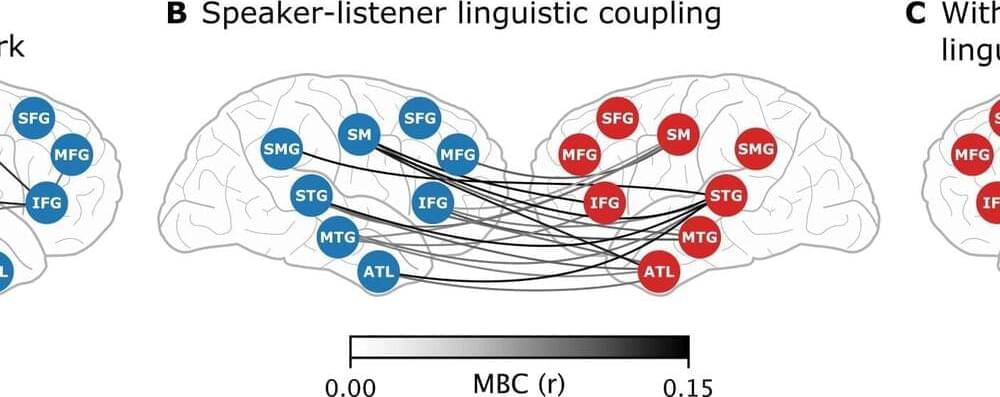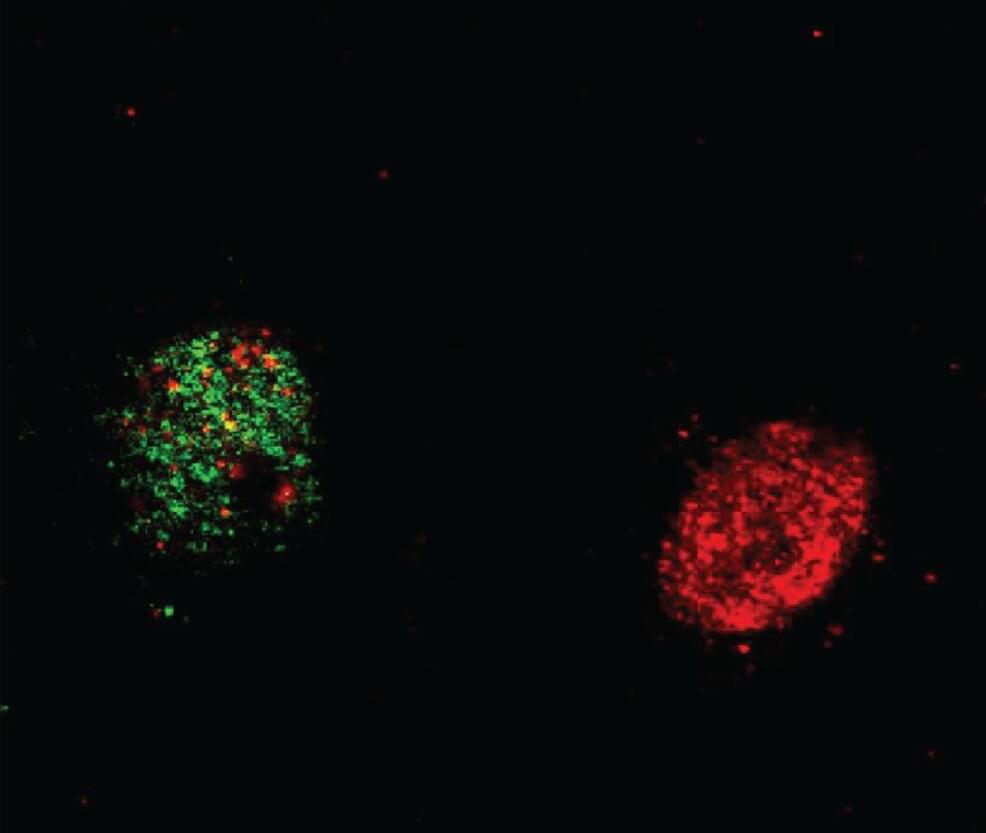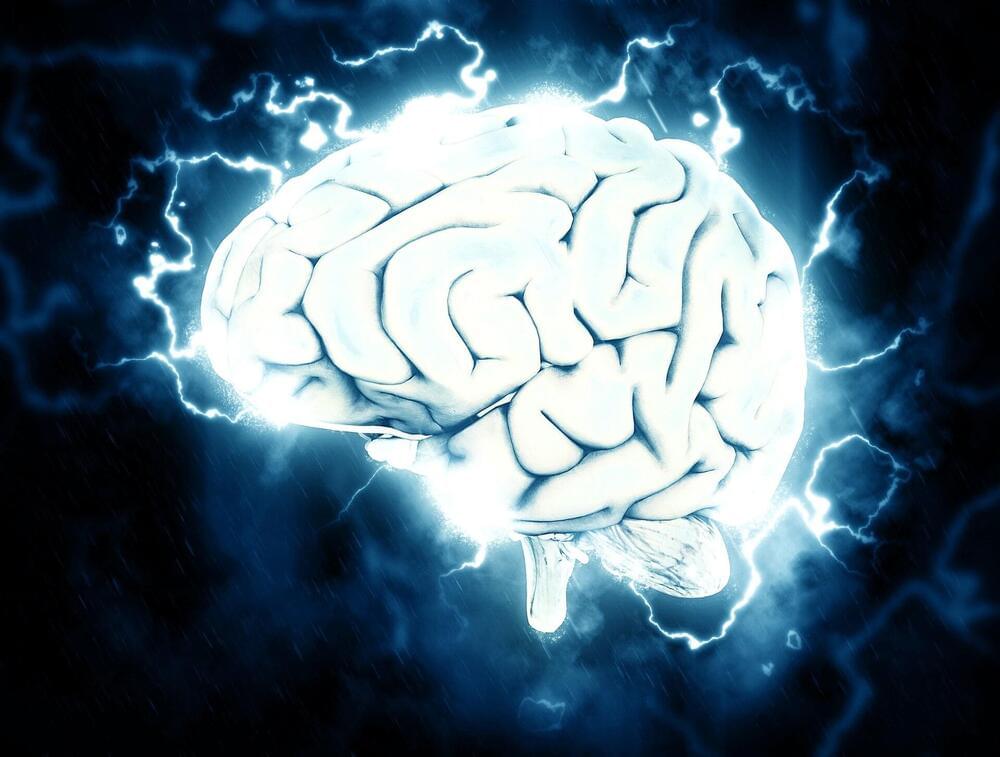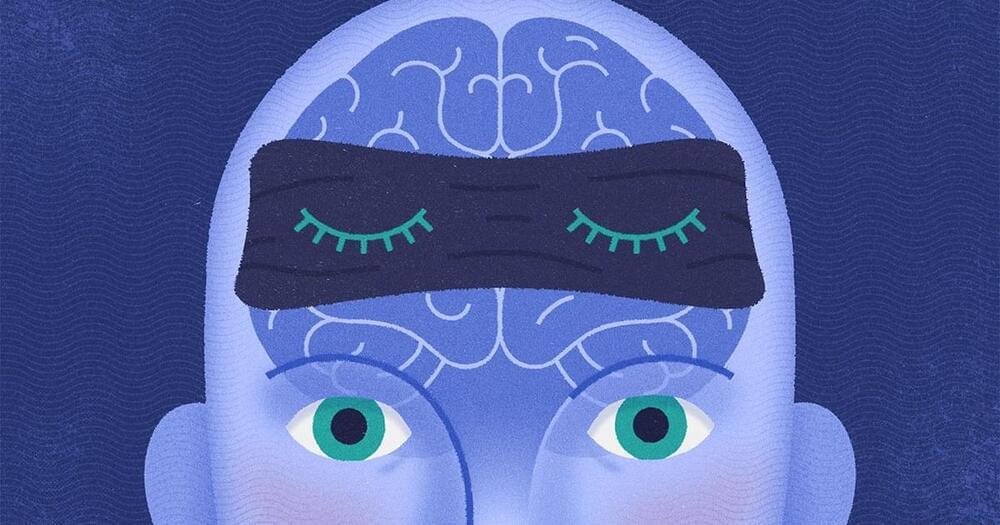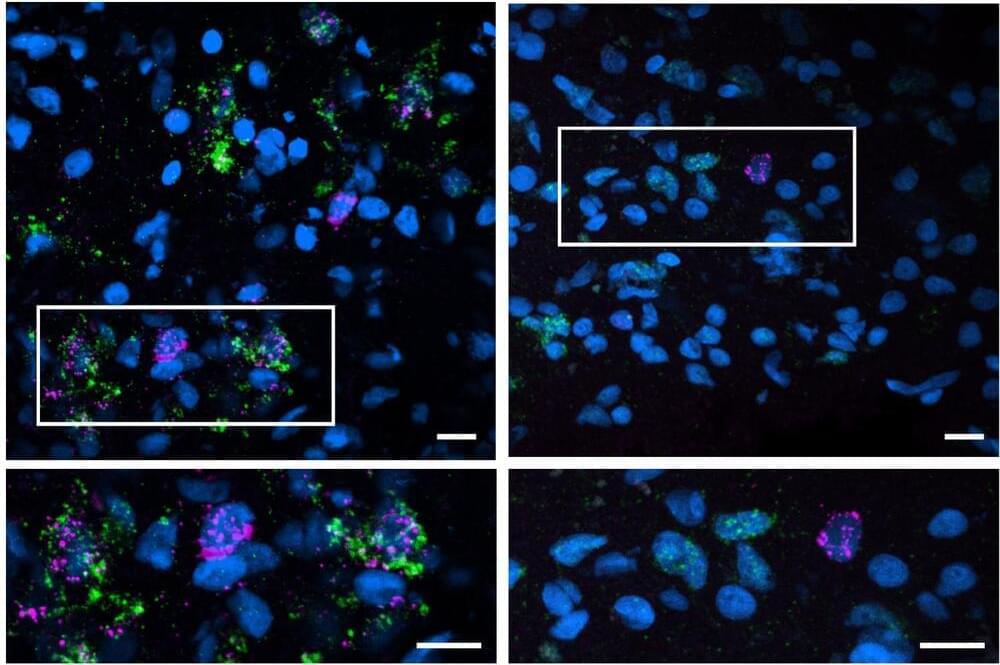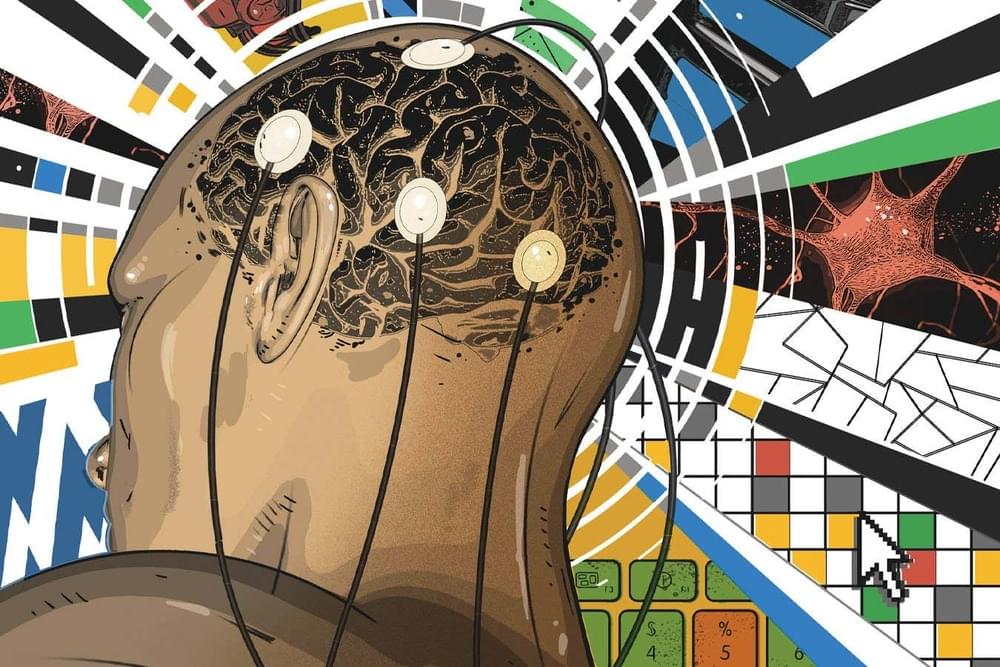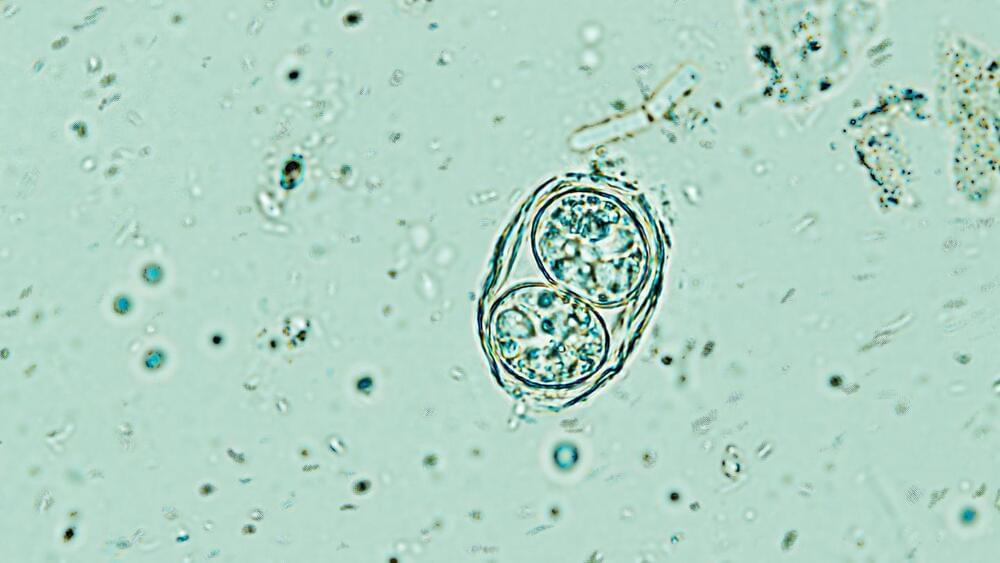A UCSF study reveals that higher inflammation levels in young adults are associated with poorer cognitive performance in midlife, underscoring the importance of lifestyle choices in reducing inflammation and preventing cognitive decline.
Higher levels of inflammation in young adults, associated with factors like obesity, physical inactivity, chronic illness, stress, and smoking, are linked to decreased cognitive function in midlife, according to a new study from UC San Francisco.
Researchers previously linked higher inflammation in older adults to dementia, but this is one of the first studies to connect inflammation in early adulthood with lower cognitive abilities in midlife.
